Octreotide
Synonym(s):SMS 201-995
- CAS NO.:79517-01-4
- Empirical Formula: C51H70N10O12S2
- Molecular Weight: 1079.3
- MDL number: MFCD08277638
- EINECS: 616-695-4
- SAFETY DATA SHEET (SDS)
- Update Date: 2025-12-24 15:44:27

What is Octreotide?
Chemical properties
Colourless to off-white lyophilised solid
Originator
Sandostatin,Novartis Pharma AG,Switz.
The Uses of Octreotide
Octreotide acetate USP (Sandostatin) is used to treat Mestastatic carcinoid tumors; vasoactive intestinal peptide-secretory tumors.
The Uses of Octreotide
Octapeptide analog of Somatostatin. A gastric antisecretory agent. Used in treatment of acromegaly
The Uses of Octreotide
natural hormone somatostatin
What are the applications of Application
Octreotide Acetate is an octapeptide analog of Somatostatin
Indications
Octreotide (Sandostatin) is a synthetic somatostatin analogue. It is used in a variety of situations and must be given subcutaneously or intravenously. Most commonly, it is used as a continuous intravenous infusion in patients hospitalized with bleeding varices, because it decreases splanchnic circulation and therefore reduces portal pressures.A long-acting depot form is approved for the suppression of severe diarrhea and flushing associated with malignant carcinoid syndrome and for the treatment of the profuse watery diarrhea associated with vasoactive intestinal peptide tumor.
Indications
Octreotide is useful in inhibiting the secretion of various autacoids and peptide hormones by metastatic carcinoid tumors (serotonin) and islet cell carcinomas of the pancreas (gastrin, glucagon, insulin, vasoactive intestinal peptide). The diarrhea and flushing associated with the carcinoid syndrome are improved in 70 to 80% of the patients treated with octreotide. Its side effects, which are usually mild, include nausea and pain at the injection site. Mild transient hypoglycemia or hyperglycemia may result from alterations in insulin, glucagon, or growth hormone secretion.
Manufacturing Process
Synthesis of octreotide and derivative thereof can be carried out by two methods. The first method is synthesized initially by fragment condensation solution phase procedures. The synthetic process of octreotide has been described by Bauer et al. (1). The second method is the synthese by solidphase procedures. Edward et al. (2) isolated side chain protected octreotide with a total yield of 14% by cleaving the protected peptide from the resin with threoninol. Arano et al. (3) carried out another solid phase method for octreotide. and produced it in overall 31.8% yield based on the starting FmocThr(tBu)-ol-resin. The basic difference from the other procedures already described is that the introduction of the threoninol is carried out upon the protected peptidic structure (resin-free), which, when appropriately activated, leads quantitatively and without needing to make temporary protections upon the threoninol, to the protected precursor of octreotide, which in turn, with a simple acid treatment leads to octreotide with very high yields.
At first the Fmoc-Cys-Cl-trityl-resin was prepared. The incorporation of the Fmoc-Cys(trt)-OH residue upon 2Cl-Trt resin is accomplished with an excess of 1 eq. of Fmoc-Cys(Trt) and 2.5 eq. of N,N'-diisopropylethylamine (DIEA).
2.93 g (5.0 mmol) of Fmoc-Cys(Trt) are incorporated upon 5 g of resin (f = 1.28 mmol/g of resin, 6.4 mmol). The resin and the amino acid are weighed in separate containers and left to dry in a vacuum with KOH, for a minimum of two hours. A 1/1 solution of DIEA and CH2Cl2 (DCM) (dry on a 4A sieve) is
prepared. The already dry amino acid is dissolved with dry DCM at a concentration of 0.1 g of resin per ml, adding the minimum quantity of dry DMF to complete the dissolution. 1/3 of the 1.8 ml (12.5 mmol) DIEA solution is added to this transparent solution in 1.8 ml of DCM. This is thoroughly homogenized and added to the dry resin. It is subjected to vigorous magnetic agitation for five minutes and the rest of the DIEA is added to the reaction; the mixture is allowed to react for forty minutes more. Then, 4 ml of dry MeOH are added and allowed to react for 10 minutes, after which the resin is filtered and the washings described below are carried out.
brand name
Sandostatin (Novartis).
Therapeutic Function
Antiulcer, Growth hormone inhibitor
General Description
Pharmaceutical secondary standards for application in quality control provide pharma laboratories and manufacturers with a convenient and cost-effective alternative to the preparation of in-house working standards
Clinical Use
Relief of symptoms of gastro-enteropancreatic endocrine tumours and acromegaly
Safety Profile
A poison by subcutaneous andintravenous routes. Human systemic effects: changes instructure or function of endocrine pancreas, liver functiontests impaired. When heated to decomposition it emitstoxic vapors of NOx and SOx
Drug interactions
Potentially hazardous interactions with other drugs
Ciclosporin: ciclosporin concentration reduced.
Metabolism
Extensive hepatic metabolism.1
Properties of Octreotide
| Melting point: | 153-156°C |
| alpha | D20 -42° (c = 0.5 in 95% acetic acid) |
| storage temp. | Inert atmosphere,Store in freezer, under -20°C |
| solubility | H2O: soluble |
| form | Solid |
| color | White to Off-White |
| Stability: | Hygroscopic |
| CAS DataBase Reference | 79517-01-4 |
Safety information for Octreotide
| Signal word | Warning |
| Pictogram(s) |
 Exclamation Mark Irritant GHS07 |
| GHS Hazard Statements |
H315:Skin corrosion/irritation H319:Serious eye damage/eye irritation |
| Precautionary Statement Codes |
P305+P351+P338:IF IN EYES: Rinse cautiously with water for several minutes. Remove contact lenses, if present and easy to do. Continuerinsing. |
Computed Descriptors for Octreotide
| InChIKey | XQEJFZYLWPSJOV-XJQYZYIXSA-N |
New Products
Indole Methyl Resin tert-butyl 9-methoxy-3-azaspiro[5.5]undecane-3-carboxylate Boc-His(Boc)-OH 2-CTC Resin 4-Chloro-7-tosy1-7Hpyrrolo[2,3-d]pyrimidine 5,7-Dibromo-1H-indole 2,5-dichloro-N-hydroxy-4,6-dimethylpyridine-3-carboximidamide 2,2-Dimethoxy-7-azaspiro[3.5]nonane hydrochloride 4-chloromethyl-5-methyl-1,3-dioxol-2-one (DMDO-Cl) R-2-BENZYLOXY PROPIONIC ACID 1,1’-CARBONYLDIIMIDAZOLE 1,1’-CARBONYLDI (1,2-4 TRIAZOLE) N-METHYL INDAZOLE-3-CARBOXYLIC ACID 4-((2-hydroxyethyl)thio)benzoic acid 1-(TERT-BUTOXYCARBONYL)-2-PYRROLIDINONE Methyl 6-methylnicotinate 3-Pyridineacrylic acid tert-Butyl carbazate TETRAHYDRO-2H-PYRAN-3-OL 2-((4-morpholinophenylamino) (methylthio) methylene) malononitrile 3-(4-morpholinophenylamino)-5-amino-1H-pyrazole-4-carbonitrile 2,4-dihydroxybenzaldehyde 1,3-Diethyl-1,3-Diphenylurea Methyl 2-methylquinoline-6-carboxylateRelated products of tetrahydrofuran

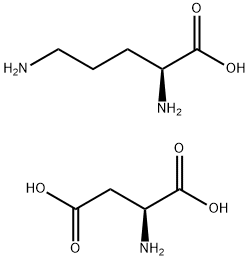
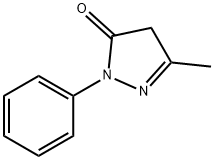
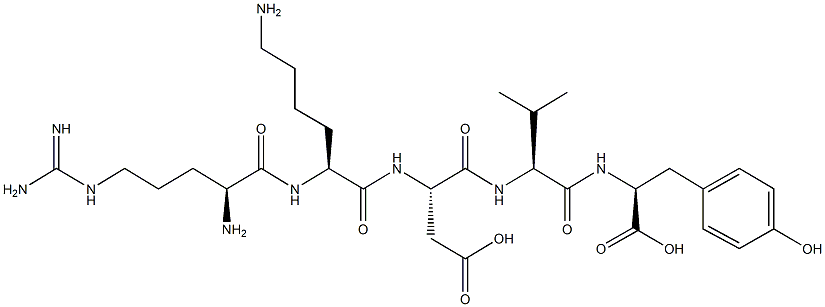

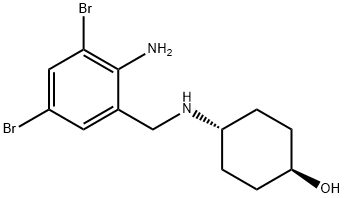


You may like
-
 79517-01-04 Octreotide 98%View Details
79517-01-04 Octreotide 98%View Details
79517-01-04 -
 Octreotide 98%View Details
Octreotide 98%View Details -
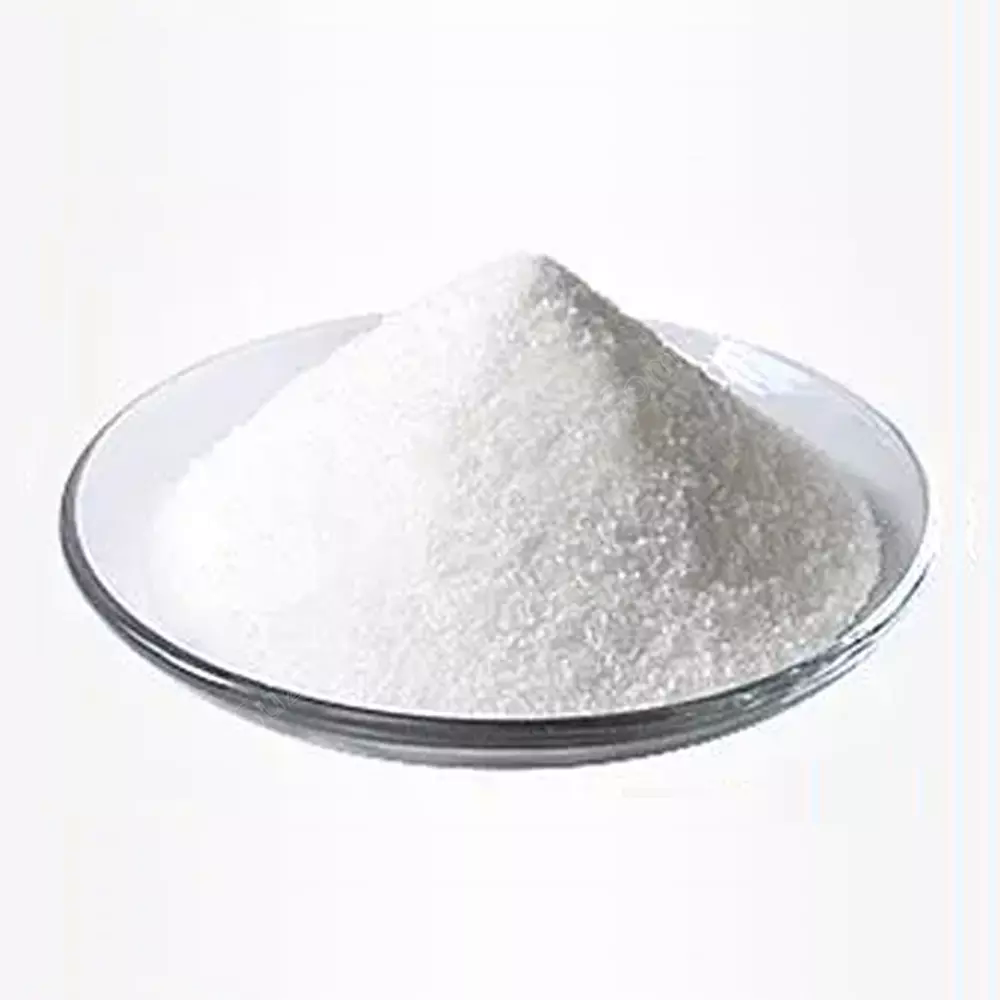 Octreotide 98%View Details
Octreotide 98%View Details -
 Octreotide acetate 79517-01-4 99%View Details
Octreotide acetate 79517-01-4 99%View Details
79517-01-4 -
 79517-01-4 Octreotide acetate 98%View Details
79517-01-4 Octreotide acetate 98%View Details
79517-01-4 -
 79517-01-4 98%View Details
79517-01-4 98%View Details
79517-01-4 -
 Octreotide Acetate CAS 79517-01-4View Details
Octreotide Acetate CAS 79517-01-4View Details
79517-01-4 -
 Octreotide acetate CAS 79517-01-4View Details
Octreotide acetate CAS 79517-01-4View Details
79517-01-4
